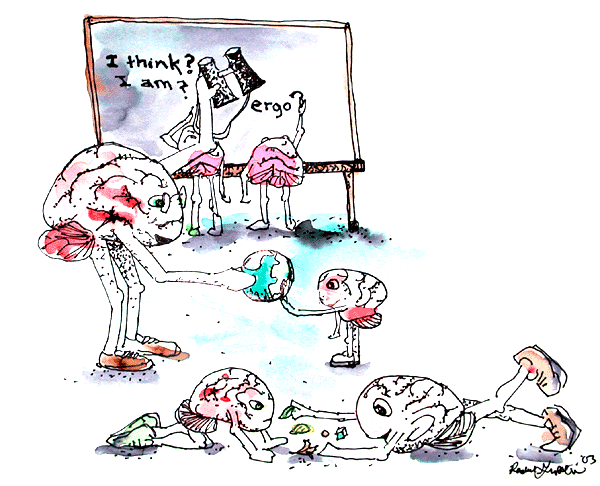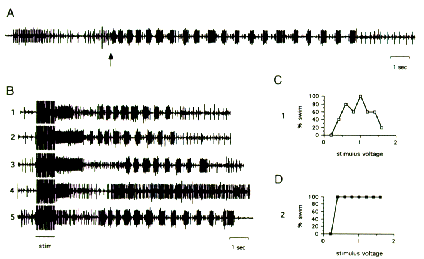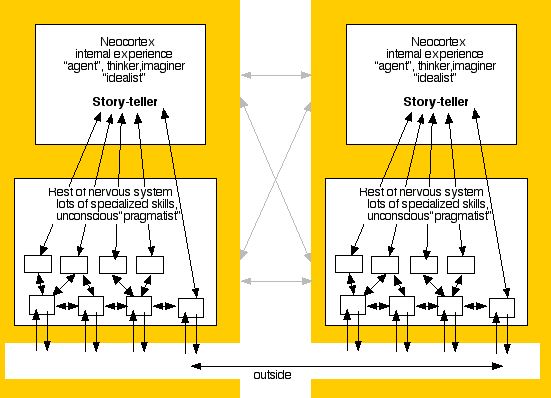Serendip is an independent site partnering with faculty at multiple colleges and universities around the world. Happy exploring!
Learning and the Brain: Workshop Introduction

|
Brain and Education
20 October 2007 |

|
Setting a context
|
Decade of the Brain, 1990-2000 Powerful microscopes, major strides in the study of genetics, and advances in brain imaging devices are giving physicians and scientists ever greater insight into the brain ... Many studies regarding the human brain have been planned and conducted by scientists at the National Institutes of Health, the National Institute of Mental Health, and other Federal research agencies ... The cooperation between these agencies and the multidisciplinary efforts of thousands of scientists and health care professionals provide powerful evidence of our nation's determination to conquer brain disease ... To enhance public awareness of the benefits to be derived from brain research, the Congress, by House Joint Resolution 174, has designated the decade beginning January 1, 1990, as the "Decade of the Brain" and has authorized and requested the President to issue a proclamation in observance of this occasion.
|
The Brain - is Wider than the Sky - ... Emily Dickinson (1830-1886) it never ceases to amaze me that all the richness of our mental life - all our feelings, our emotions, our thoughts, our ambitions, our love life, our religious sentiments and even what each of us regards as his own intimate private self - is simply the activity of these little specks of jelly in your head, in your brain. There is nothing else ...V.S.Ramachandran, 2003
|
A Personal Overview


|

- Brains are complex interconnected systems designed by evolution to explore/create actively, not passively
- Brains are always exploring unconsciously, and designed to reflect on their experiences to create new understandings and new questions that motivate new understandings
- Brains are all different (and that's a good thing, not a bad one)
- Exploration/creation is facilitated by sharing/contrasing stories
- The educational task should be to encourage continuing development of the ability of individuals to create/share/contrast/revise understandings?
- Teacher should be developing their own skills/participating in/modelling "open-ended transactional inquiry"?



Comments
Post new comment